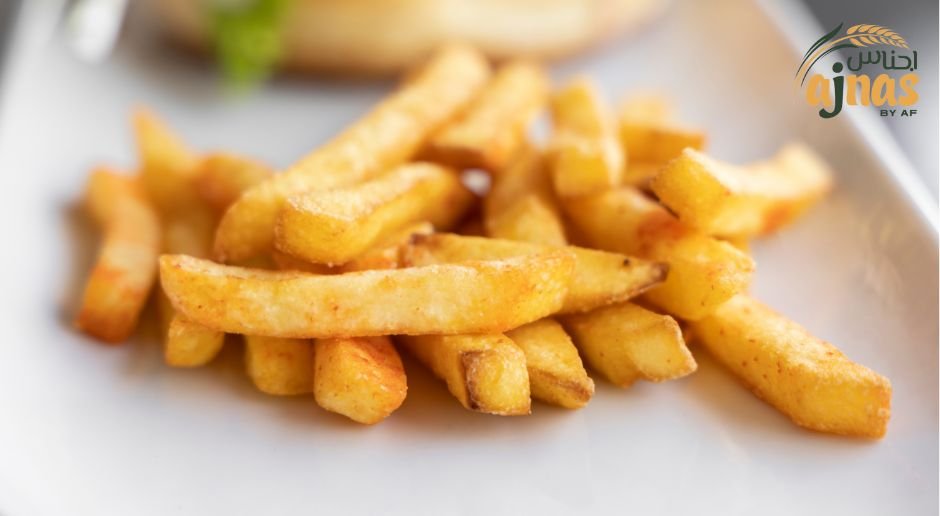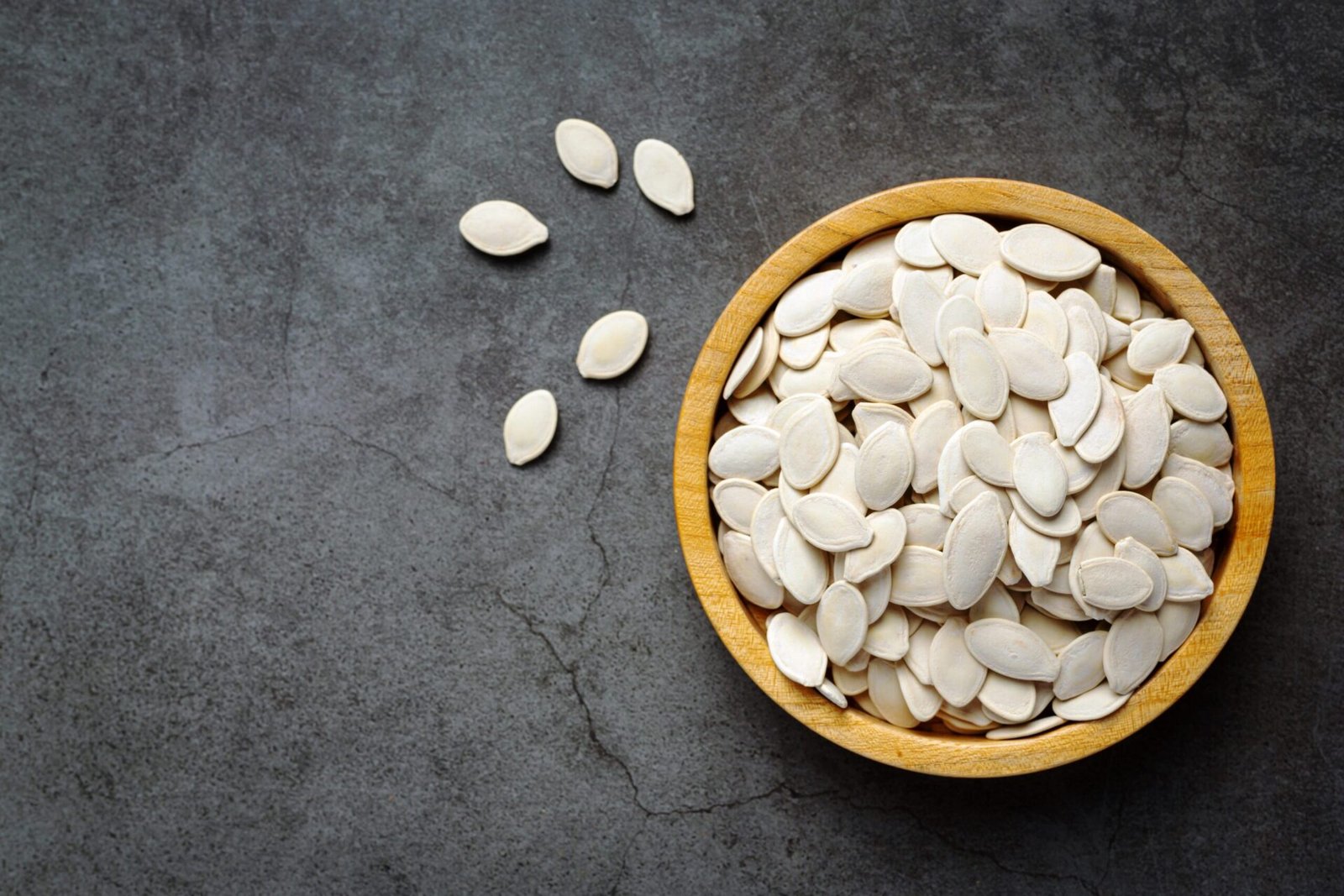Peppermint tea is a cherished home grown drink delighted in overall for its reviving taste and potential medical advantages. Notwithstanding, there has been some worry with respect to its impacts on blood pressure. In this article, we’ll dive into the connection between peppermint tea and blood pressure to isolate reality from fiction.
Peppermint Tea Raise your Blood Pressure
In spite of mainstream thinking, logical proof doesn’t uphold the possibility that peppermint tea raises blood pressure. A few examinations have explored the impacts of peppermint tea utilization on blood pressure levels, with blended results.
Introduction to Peppermint Tea
Peppermint tea is fermented from the leaves of the peppermint plant (Mentha × piperita), a mixture mint combination of watermint and spearmint. It has an unmistakably minty flavor and is frequently consumed for its calming properties.

History of Peppermint
Peppermint has a rich and entrancing history that traverses millennia. Its utilization traces all the way back to old developments, where it was esteemed for the two its restorative and culinary properties. Here is a short outline of the historical backdrop of peppermint:
- Ancient Origins: Peppermint’s starting points can be followed back to old Egypt, where dried peppermint leaves have been found in pyramids dating as far back as 1000 BCE. The Egyptians valued peppermint for its invigorating fragrance and accepted it had restorative characteristics.
- Greek and Roman Era: The old Greeks and Romans additionally perceived the advantages of peppermint. They involved it in different arrangements, including as an enhancing specialist in food, as a scent in fragrances and beauty care products, and as a solution for stomach related illnesses.
- Middle Ages: During the Medieval times, peppermint kept on being esteemed for its restorative properties. It was regularly used to ease stomach related issues, mitigate migraines, and renew breath. Priests developed peppermint in religious community gardens across Europe.
- Renaissance Period: In the Renaissance time, peppermint obtained further popularity as a characteristic fix. It was acknowledged to have cleaning properties and was used to treat a considerable number of illnesses, including indigestion, disorder, and respiratory conditions.
- Modern Cultivation and Commercialization: Peppermint development turned out to be more boundless in the eighteenth and nineteenth hundreds of years, especially in Britain and the US. With the coming of current medication, peppermint’s restorative advantages were concentrated on to a greater extent, prompting its consideration in different drug and over-the-counter items.
- Culinary and Beverage Uses: Notwithstanding its therapeutic applications, peppermint turned into a staple seasoning in culinary and drink arrangements. Peppermint tea, specifically, acquired prevalence for its invigorating taste and stomach related benefits.
- Contemporary Uses: Today, peppermint stays a dearest spice with different purposes. It is generally found in items going from toothpaste and mouthwash to confections and treats. Peppermint natural balm is likewise well known for its fragrance based treatment benefits and is utilized in knead oils, diffusers, and skincare items.
Understanding Blood Pressure
Prior to investigating the impacts of peppermint tea on blood pressure, it’s fundamental to comprehend what blood pressure is and the way that it’s deliberate. Blood pressure is the power applied by the blood against the walls of the corridors as it courses through them. It is estimated in millimeters of mercury (mmHg) and ordinarily communicated as two numbers: systolic pressure (the pressure when the heart beats) over diastolic pressure (the pressure when the heart rests between pulsates).
Common Myths about Peppermint Tea and Blood Pressure
One normal confusion is that consuming peppermint tea can lift blood pressure levels. This conviction comes from the menthol content found in peppermint, which a few people conjecture could stimulatingly affect the cardiovascular framework.

Potential Health Benefits of Peppermint Tea
Beyond its enjoyable flavor, peppermint tea is associated with various potential health benefits:
Digestive Health
- Peppermint tea is commonly used to alleviate digestive discomfort, including bloating, gas, and indigestion.
Stress and Anxiety Reduction: The aroma of peppermint has been shown to have calming effects, potentially reducing stress and anxiety levels. - Respiratory Health: Menthol, a compound found in peppermint, may help relieve symptoms of respiratory conditions such as congestion and cough.
- Antioxidant Properties: Peppermint tea contains antioxidants that help protect cells from damage caused by free radicals.
Research Studies on Peppermint Tea and Blood Pressure
Studies investigating the relationship between peppermint tea and blood pressure have yielded conflicting results:
Studies Indicating No Significant Effect on Blood Pressure
Some studies have found that regular consumption of peppermint tea does not lead to significant changes in blood pressure levels in healthy individuals.
Studies Suggesting Positive Effects on Blood Pressure
On the other hand, a couple of studies have proposed that peppermint tea might usefully affect blood pressure. In any case, more exploration is expected to affirm these discoveries and decide the fundamental systems.
Factors Affecting Blood Pressure Reaction to Peppermint Tea
A few elements might impact how people answer peppermint tea as far as blood pressure guideline:
- Individual Sensitivity: People may vary in their sensitivity to the compounds present in peppermint tea.
- Dosage and Frequency: The amount and frequency of peppermint tea consumption may impact its effects on blood pressure.
Pre-existing Medical Conditions**: Individuals with certain medical conditions, such as hypertension or hypotension, may experience different responses to peppermint tea.
Tips for Consuming Peppermint Tea Safely
To partake in the expected advantages of peppermint tea without agonizing over its consequences for blood pressure, think about the accompanying tips:
Screen Your Reaction: Focus on how your body answers peppermint tea utilization and change your admission as needs be.
Talk with a Medical services Proficient: In the event that you have basic wellbeing concerns or are taking meds, talk with a medical services proficient prior to integrating peppermint tea into your everyday practice.
Appreciate in Moderation**: Likewise with any refreshment, control is critical. Appreciate peppermint tea as a feature of a fair eating routine and way of life.
Conclusion
In conclusion, there is no substantial proof to recommend that peppermint tea raises blood pressure. While individual reactions might fluctuate, peppermint tea is for the most part thought to be ok for utilization and may offer different medical advantages. Likewise with any dietary decision, it’s fundamental to pay attention to your body and talk with a medical care proficient in the event that you have any worries.
FAQs
1. Can peppermint tea lower blood pressure?
– While peppermint tea is not typically associated with lowering blood pressure, some studies suggest it may have a beneficial effect. However, more research is needed to confirm this.
2. Is it safe to drink peppermint tea every day?
– For most people, drinking peppermint tea in moderation is safe. However, individuals with certain medical conditions or sensitivities should consult with a healthcare professional.
3. Does peppermint tea interact with blood pressure medications?
– Peppermint tea may interact with certain medications, including those prescribed for blood pressure management. It’s essential to consult with a healthcare professional if you’re taking medications.
4. Can peppermint tea cause any adverse effects on blood pressure?
– While peppermint tea is generally well-tolerated, some individuals may experience adverse effects such as heartburn or allergic reactions. Monitoring your response is key.
5. Are there any other natural remedies for blood pressure regulation?
– Yes, several natural remedies, including dietary changes, exercise, stress management techniques, and certain herbal supplements, may help support healthy blood pressure levels.



